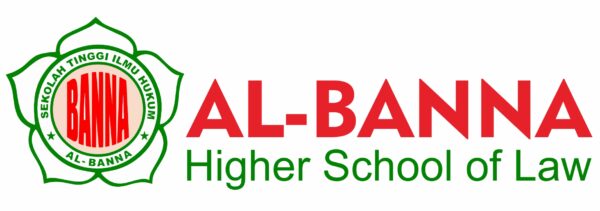History Of Raw Material Export Restriction By European Powers: Revisiting Colonial Past
DOI:
https://doi.org/10.70193/cendekia.v1i2.23Abstract
Acquiring control and monopoly over raw materials and natural resources was key to political, military and territorial expansions of European Powers in Asia, America and Africa. After World War 2, trade of goods become major concern under international trade regime which international legal order has clear rules against export restrictions on raw materials including on natural resources agreed under GATT 1947 Agreement. This paper inquires into the historical foundations of control and monopoly over raw materials and minerals, the legal rules that governed such conduct of States. This paper finds that control and monopoly were bread and butter to European colonisation of America, Asia and Africa, which flourished at the height of the mercantilist era. However, after the advent of the General Agreement on Tariffs and Trade (GATT), restrictions on exports are now restricted. The doctrine of intertemporal law describes what happens to the legality of an act when there is a change to an event and law. As established by Judge Huber on Island of Palmas case, there is difference between the creation of a right under the law and the continuation of that right transcending the past, the present and the future. This article is written regarding on historical approach which data sources originate from book of historians, such as Adam Smith and D.K. Fieldhouse. Some journals of relevant experts could be referred to find pathway of the raw materials controlled by the West power during colonialization era. The historical approach of this article Historical approach to research can shed light on how legal aspects of conduct that became subject of legal rules unraveled in response to historical event. As more developing countries are restricting exports of raw minerals including rare earth, there may now be associated with the rise of neo-mercantilism.
Downloads
Downloads
Published
How to Cite
Issue
Section
License
Copyright (c) 2023 Cendekia : Jurnal Hukum, Sosial dan Humaniora

This work is licensed under a Creative Commons Attribution 4.0 International License.













